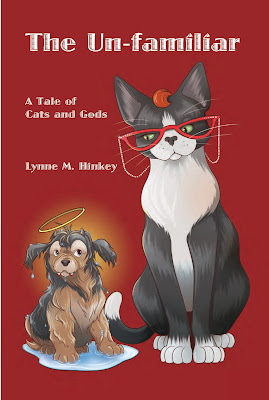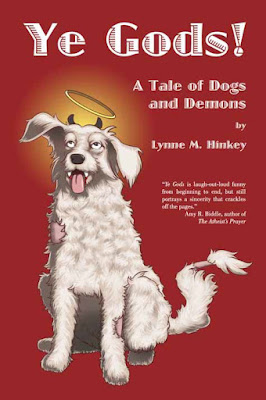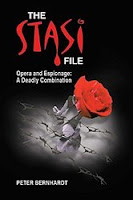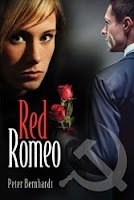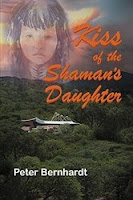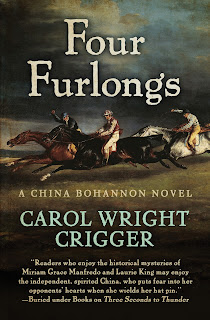It's important to think "out of the box" when looking for ways to keep your writing circling the globe. My own surprising experience is an example.
Let me tell you how unexpectedly far-reaching my research and writing became happened. As many of my readers know, worldwide recognition of my regional Montana history, Behind These Mountains, Vol. I, II, and III, first began in 2003, when I posted the trilogy on a website I created to share Montanans' turn of the century histories and photographs from their private albums, free. I didn't want the history of those remarkable people to be forgotten.
I had no inkling that 13-years-later I'd receive an email from Brita Olson, Coordinator for the Lower Clark Fork Watershed Group (LCFWG) and worldwide recognition would increase substantially.
LCFWG is an "umbrella" organization that connects watershed councils, agencies, and corporate partners working on collaborative watershed restoration efforts through the lower Clark Fork River and its tributaries. The lower Clark Fork watershed is defined from the Clark Fork River's confluence with the Flathead River downstream to Lake Pend Oreille.
LCFWG sought permission to use historical photographs from my books in a 2017 calendar they envisioned to promote the group's work. Subsequently, Brita selected 84 pictures, wrote copy for each calendar page, hired a graphic designer, and when the draft calendar was ready, sent a copy to me. My contribution to the project was a little editing plus a suggestion to exclude two of the images.
In addition to paying me licensing fees for non-exclusive one-time rights for each image, LCFWG invited me to write a paragraph for the calendar to promote my books ~ an invaluable perk.
I imagine the calendar will be one of those "keepers" that no one throws away simply because of the captivating, rare, photographs. Six hundred 2017 Bull River Valley calendars were printed.The'll be mailed only to residents with a Noxon address, in Sanders County, Montana. Collector statistics indicate those will become doubly collectible in time.
I learned about the increased international recognition from comments left on LCFWG's website where the 2017 B&W calendar can be downloaded free.
When I was editing the original 1st edition softcover books published by the Statesman-Examiner in Colfax, Wash., during 1986 and 1991, IWW Nonfiction members skillfully critiqued every word to create a more professional, newer digital edition. When the manuscript was ready, members of other genres on IWW coached me through the process of converting the trilogy to digital Kindle 1st editions.
To promote the calendar and the Kindle and PDF editions of my books, I announced the sale on the on the Internet Writing Workshop. The announcement was then also posted on IWW's blogspot. Members of IWW, which includes several genres in addition to Nonfiction, also post the news to their social media.
It's not only heart warming to know promotion keeps increasing through friend's, family, and writers' social media, those special, invaluable congratulations rewards that writers cherish continue to arrive.
Think "out of the box" and keep your writing accessible worldwide.

.jpg)
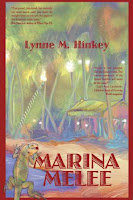
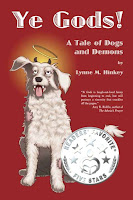

.jpg)
